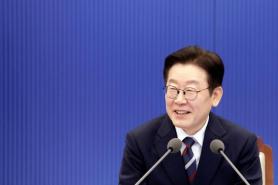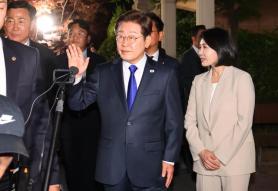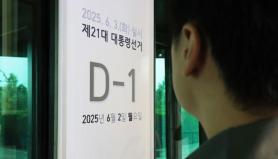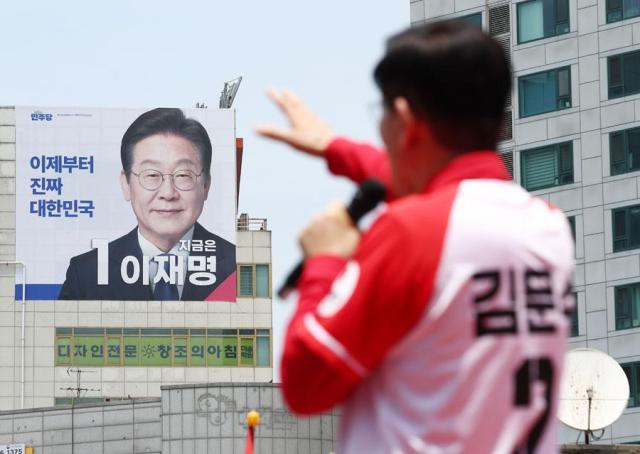
While Lee Jae-myung, the presidential candidate of the main opposition Democratic Party (DP) maintains his huge lead in recent polls, with around 50-percent support, Kim Moon-soo of the ruling People Power Party (PPP) who has been struggling to catch up with him is hoping to join hands with Lee Jun-seok of the minor centrist Reform Party (RP).
As overseas voting for the June 3 presidential election began on Tuesday with 258,254 South Korean expats casting their ballots at over 180 polling stations across the world, Kim and the younger Lee who turned 40 earlier this year have already missed what would have been their first chance to galvanize votes.
But overseas voters account for only about one percent of the total voters, so there is still a chance to agree on a unified candidate. The next possible window for agreement is this Saturday, when ballot sheets are scheduled to be printed. If the two fail to reach a deal by then, their names will remain on the ballots, even if they later come to an agreement with one candidate dropping out of the race. That would diminish its synergistic effect though, as any votes cast for the candidate who pulls out become void.
The final Maginot Line for such a deal would be May 28, just a day before the two-day early voting begins later next week.
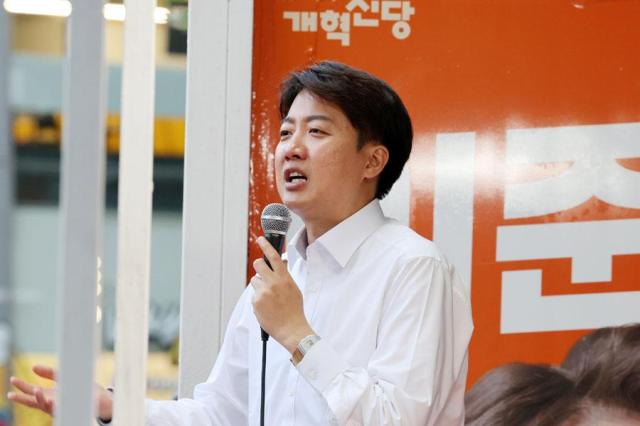
However, Lee firmly refused the proposal on the same day, making it clear that he has "no intention" of doing so, as Kim would not be able to defeat the current frontrunner Lee.
But if Kim narrows the gap with the DP candidate, the PPP and RP could eventually move toward fielding a unified candidacy.
Lee also could shift his stance at the last minute, depending on how much support he garners. If he secures 10 percent of the vote in the election, half of his campaign expenses will be reimbursed, reducing the burden of carrying through with the race. And if he surpasses 15 percent of the vote, he will be fully reimbursed.
Election watchdog National Election Commission handed out around 52 billion won (US$37.50 million) in campaign subsidies including 26.53 billion won to the DP, 24.28 billion won to the PPP, and 1.56 billion won to the RP, according to the proportion of seats at the National Assembly.
Copyright ⓒ Aju Press All rights reserved.


